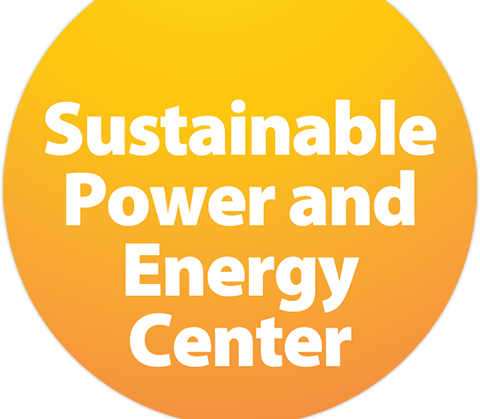Faculty
Join Us
We welcome additional faculty members and researchers to join the Sustainable Power and Energy Center.
Faculty List
NanoEngineering
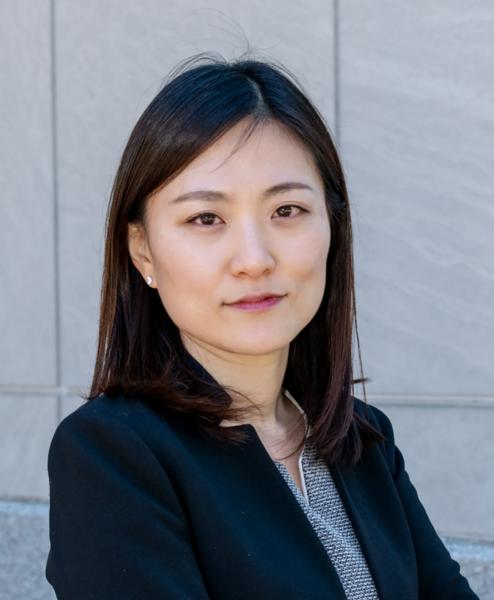
Jinhye Bae
Polymeric materials for energy harvesting/storage systems, flexible and printable materials and devices
Professor Bae’s research focuses on understanding and tailoring the physical and chemical properties of polymeric materials. Her research interests include integrating energy harvesting/storage and sensors/actuators into flexible and wearable platforms, and developing new polymer-based materials for improving the performance and stability of energy harvesting/storage systems.
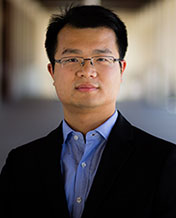
Zheng Chen
Nanostructured and polymeric materials for electrochemical energy storage and conversion
Prof. Zheng Chen's research focuses on design and synthesis of nanostructured and polymeric materials, their hybrids for next generation electrochemical energy storage, and conversion applications including batteries, electrochemical capacitors, and fuel cells.
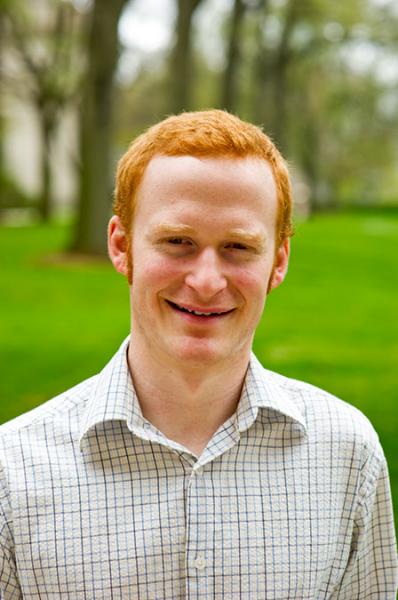
David Fenning
Defect engineering for high efficiency solar cells and solar-to-fuels
Professor Fenning’s group develops new methods and approaches for controlling impurities and defects in materials for photovoltaics and (photo)electrocatalysis. By understanding defect interactions, the group works to reduce the cost of solar power and solar energy storage and pursues paths toward low cost, high volume manufacturing, researching the intersection of semiconductor physics, interfaces, and electrochemistry.
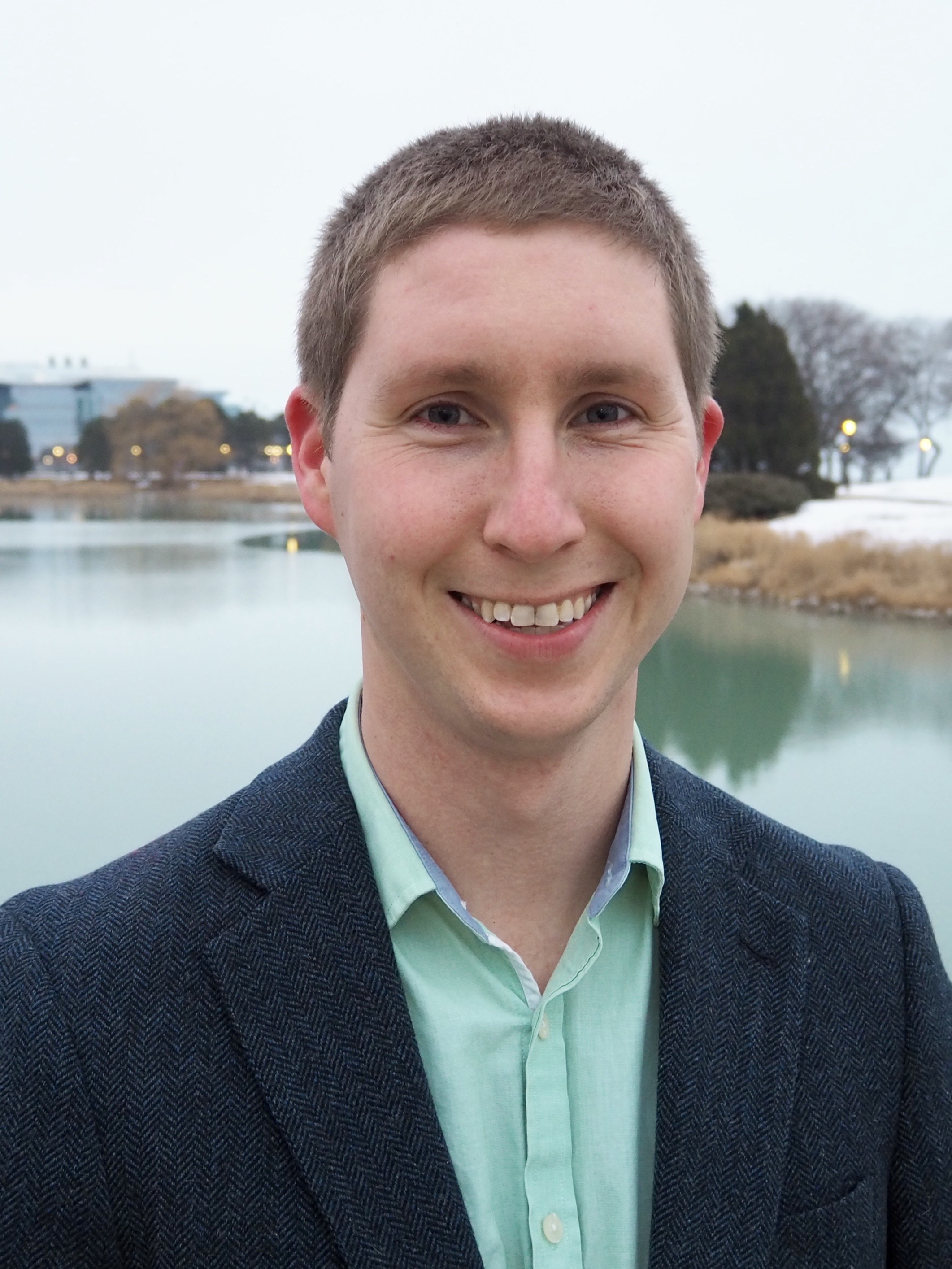
Kent Griffith
Inorganic solid-state chemistry, in-situ and operando techniques for study of energy materials
Prof. Griffith’s group combines inorganic solid-state chemistry, electrochemistry, and (in situ) advanced characterization techniques to understand reaction and degradation pathways in battery and other energy materials. We have a diverse range of synthetic approaches as well as expertise in solid-state NMR spectroscopy, X-ray/neutron diffraction and spectroscopy, DFT, and electrochemical characterization. The group has both fundamental and applied projects, the latter being in close collaboration with industrial partners and standards.
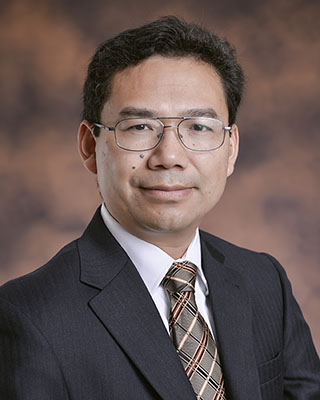
Ping Liu
Materials and architectures for energy conversion and storage
Prof. Liu's group combines chemical synthesis, electrochemistry, and materials engineering to develop ion conducting materials which enable next-generation rechargeable batteries and electrochemical actuators.
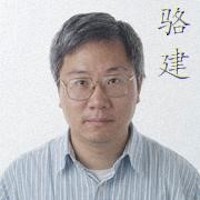
Jian Luo
Novel materials processing methods and interfacial engineering of materials for energy-related applications
Professor Luo’s group are focused on designing and tailoring materials for energy-related applications, including lithium-ion batteries, supercapacitors, solid ionic conductors, photocatalysts, high-temperature materials for improving energy efficiency, and materials for applications in nuclear power generation systems and clean coal technologies.
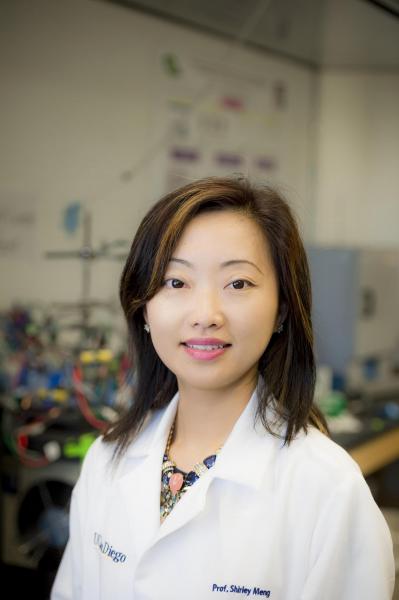
Y. Shirley Meng
Electrochemical energy storage and conversion materials, advanced diagnosis for battery materials
Professor Meng’s group heads an interdisciplinary laboratory focused on energy storage (batteries and supercapacitors) and conversion (solar and magnetic). Professor Meng’s research group, LESC, has been focusing its efforts on the basic science and applied research for the design and development of energy storage and conversion materials. This includes lithium ion batteries, thermoelectric materials, permanent magnetic materials, and perovskite solar cells.
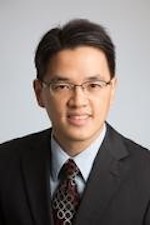
Shyue Ping Ong
Data-driven computational design of materials
Professor Ong’s research includes the development of novel thermodynamics analyses of quantum mechanical calculations and the investigation of structure-property relationships in nature. The Materials Virtual Lab has unique capabilities in the development of state-of-the-art IT and data management infrastructure for materials data, such as those generated from high-throughput computations.

Tod Pascal
Theory, simulations, materials physics, spectroscopy, characterization, thermodynamics
Professor Pascal works at the intersection of thermodynamics, electrochemistry and spectroscopy, developing theoretical methods for understanding the nanoscale morphology and chemical physics of energy storage systems.

Andrea Tao
Colloidal synthesis, low dimensional materials for energy storage, plasmonic nanoparticles for photovoltaics and photocatalysis
Professor Tao and her group are creating novel low-dimensional materials for photocatalysis, photovoltaics, and energy storage. They have developed the capability to engineer metal and metal chalcogenide nanocrystals, and are exploring new methods for the chemical synthesis and self-assembly of solid-state nanostructured materials.

Joseph Wang
Wearable energy harvesting devices, porous electrodes and electrocatalysis
Professor Wang is a leading expert in electrochemistry, biofuel cells, advanced materials and wearable devices, bring extensive experiences in these areas.
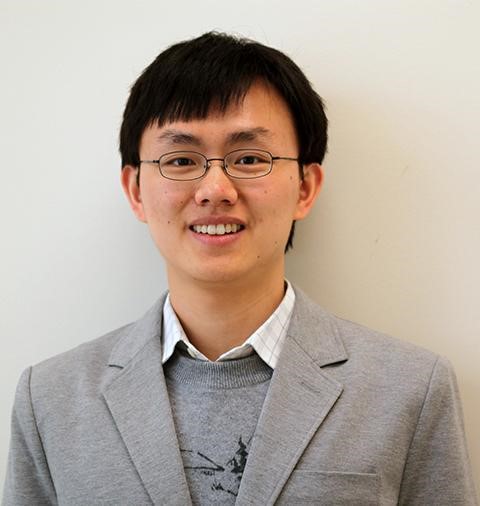
Sheng Xu
Soft electronics, nano-electronics, and materials for energy
Professor Xu’s research interests focus on understanding the electrical, mechanical, and other characteristic behaviors of functional inorganic materials when they are geometrically engineered into a soft format, and exploring these materials as building blocks for soft electronics, nano-electronics, and energy harvesting/storage devices
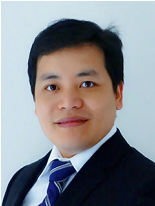
Kesong Yang
High-throughput computational design and property optimization of functional materials
Professor Yang and his group’s goal is to develop a fundamental understanding of the structure-property relationship of the hybrid perovskite-based materials and to identify underlying design principles for the further property optimization, performance enhancement and accelerating the design of more efficient hybrid photovoltaic materials.
Physics
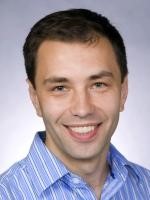
Oleg Shpyrko
Advanced X-ray Microscopy of Ionic, Magnetic and Electronic materials
Professor Shpyrko and his group is developing and using novel x-ray imaging techniques that are applied to a variety of materials systems. Professor Shpyrko and his group are especially excited to expand these microscopy approaches to operando imaging of working devices for energy applications.
Chemistry and Biochemistry
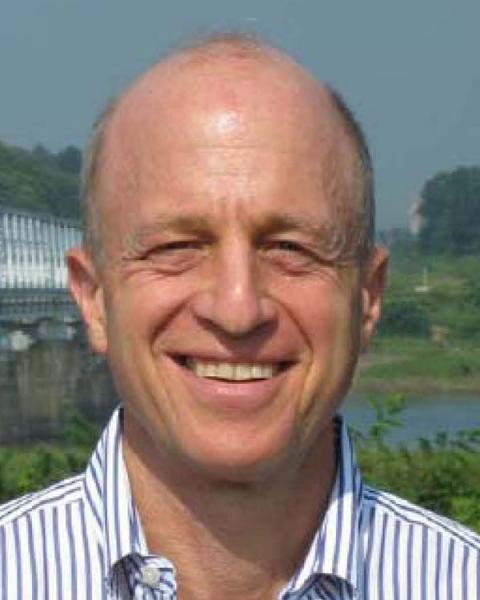
Andrew Kummel
Physical/Analytical Chemistry on Semiconductor Interfaces
Professor Kummel's research focus on the atomic level knowledge of the interfaces in semiconductor devices. His group combines the vapor deposition of oxides and organic semiconductors with scanning tunneling microscopy (STM), scanning tunneling spectroscopy (STS), and density functional theory (DFT) computations to develop a fundamental understanding of the chemistry and physics of semiconductor interfaces.
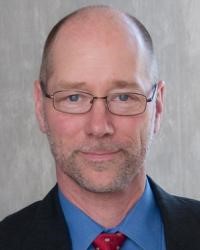
Michael Sailor
Silicon nanotechnology, surface chemistry and coatings, silicon-lithium anodes, photonic crystals
Professor Sailor is a field leader on nanomaterials synthesis, and the study of their fundamental chemistry, photochemistry, electrochemistry, optical physics, and biomaterials properties. In particular, Professor Sailor specializes in porous silicon and their application, and has worked on creating high performance porous silicon based lithium-ion batteries as efficient secondary anodes.
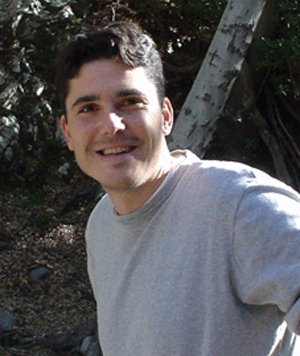
Akif Tezcan
Bioinorganic and biophysical chemistry; Metalloprotein structure, function and biosynthesis; Biomaterials
Tezcan group focus on the elucidation of metal-catalyzed biological redox reactions, and the control of biological self-assembly through coordination chemistry. They utilize a diverse array of tools ranging from molecular biology, chemical synthesis and computational protein design to spectroscopy, X-ray crystallography and electron microscopy.
Electrical and Computer Engineering
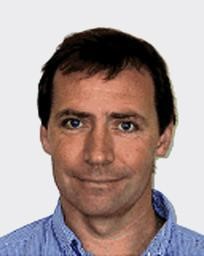
Eric Fullerton
Ultra-low-energy memory, processing elements and architectures to dramatically lower the energy consumption of information technologies
Professor Fullerton's expertise is in thin-film magnetic and nano-materials. He is an internationally acclaimed scholar in areas such as thin film and superlattice growth, magnetic recording and nano-technologies, and x-ray and neutron scattering.

Tse Nga Tina Ng
Flexible electronic devices, advance free-form fabrication for innovative electronics
Professor Ng's group focuses on scalable solution processing and printing methods to advance flexible electronics. Our research interests include energy generation and storage devices, to meet the powering requirements of flexible systems.
Computer Science and Engineering
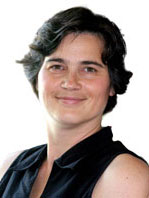
Tajana Šimunić Rosing
Embedded system design, resource management at the system level, hardware management and embedded software optimization, power management algorithms
Professor Rosing is currently heading the effort focused on SmartCities as a part of DARPA and industry funded TerraSwarm center. As a part of this effort she has focused on modeling and control of distributed energy resources, including batteries, while leveraging human and machine context. During 2009-2012 she led the energy efficient datacenters theme as a part of the MuSyCcenter.
Mechanical and Aerospace Engineering
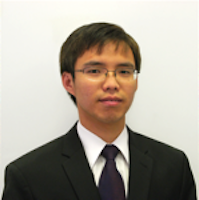
Renkun Chen
Materials and devices for thermal energy transport and conversion
Professor Chen's research focuses on thermal energy transport, conversion, and management across different length scales. Professor Chen's interest includes developing materials and devices for thermoelectric and solar-thermal energy conversion as well as thermal management.

Sonia Martinez
Networked system control, distributed optimization algorithms, decision making for autonomous systems
Professor Martinez' interests lie in the development of algorithms for the operation of networked cyber-physical systems. Relative to energy research, she is developing scalable algorithms for the integradion of distributed energy resources in microgrids, as well as for the coordinated operation of these microgrids as part of energy markets.
Structural Engineering
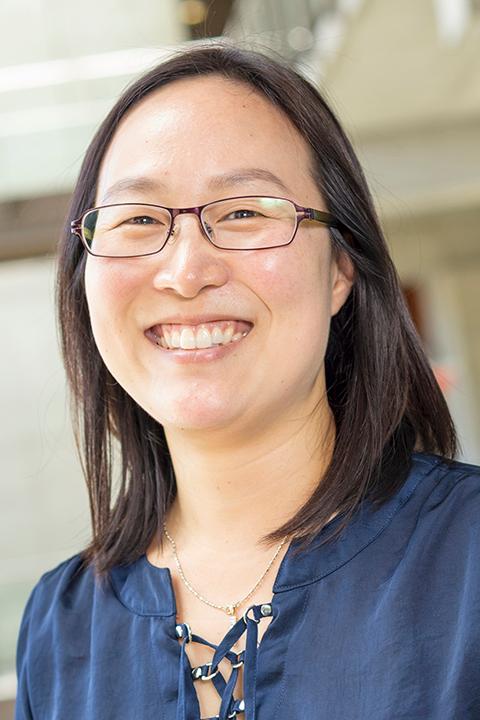
Alicia Kim
Structural and topology optimization, multidisciplinary design optimization, multiscale and multiphysics optimization of structures and materials, optimization with uncertainties, aerospace structures, computational mechanics.
Alicia's research is primarily focused on topology optimization, in particular level set based method. She and her M2DO lab researchers are developing level set topology optimization methods for multiscale and multiphysics problems leading to optimum multifunctional structures.
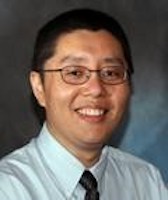
Yu Qiao
Low-grade heat, energy harvesting, green cement, energy efficiency, thermal runaway in batteries
Professor Qiao designed “thermal-runaway-free” lithium ion battery cells and modules; invented lean-organic compacted hybrid (LOCH), a green construction material that is cheaper than portland cement and stronger than steel reinforced concrete; and developed thermally chargeable supercapacitors (TCS), a novel system that converts low-grade heat to electricity with a high efficiency.
Science and Engineering Research Facility
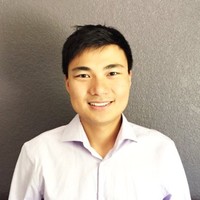
Shijie (Antonio) Tong
Advanced energy storage for electric powertrain, mobile devices, and smart grid
Dr. Tong's research interests include energy storage, batteries, fuel cells, electrified vehicles and smart grid. He is experienced in battery modeling, and model based observer, optimizer and controller design. His career passion is to make energy storage sustainable, efficient, and conveniently available.
Economics
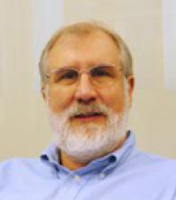
Richard Carson
Forecasting greenhouse gas emissions; role of economic incentives, regulation and technical change on energy systems; valuation of non market impacts.
Professor Carson works on forecasting greenhouse gas emissions and how incentive structures facing firms and utilities interact with regulatory regimes in the short run and in the long run with technological innovation possible from R&D investments. He also estimates the economic value of reducing negative externalities such as air pollution, oil spills and power outages associated with energy systems.
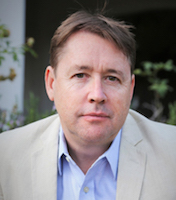
Graham Elliott
Market specific algorithms to construct realistic estimates of the direct economic value of the energy storage device
Professor Elliott is building algorithms for optimally operating storage devices in market connected grids. The algorithms are used for valuation of batteries with differing chemistries and applications.
San Diego State University
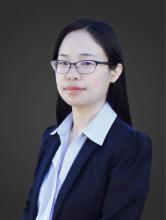
Jing Gu
DEVELOPMENT OF NANOSTRUCTURED PHOTOACTIVE ENERGY HARVESTING MATERIALS AND ELECTROCATALYSTS FOR ENERGY CONVERSION AND STORAGE
Professor Gu's research focuses on designing novel solid-state and hybrid electrocatalysts for fuel generation, along with investigating and tailoring charge transfer mechanisms at the semiconductor-catalyst interface for solar energy conversion reactions, such as CO2 reduction, water oxidation, and water reduction.
Graduate Student Representative
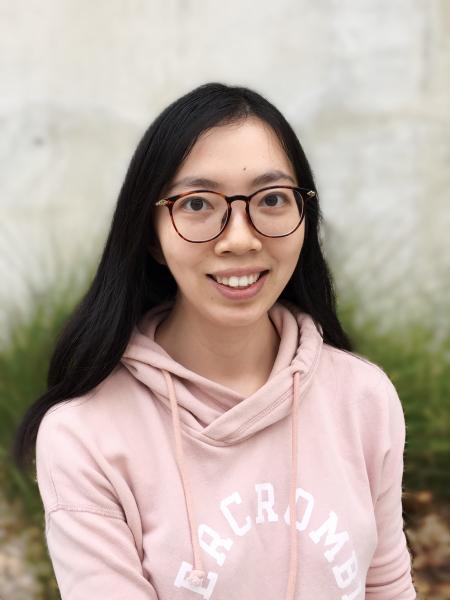
Yixuan Li
Yixuan is a graduate student in Prof. Meng's group and managing the SPEC website as a student representative. She updates the website and coordinates with other liaison students of SPEC faculty members.

